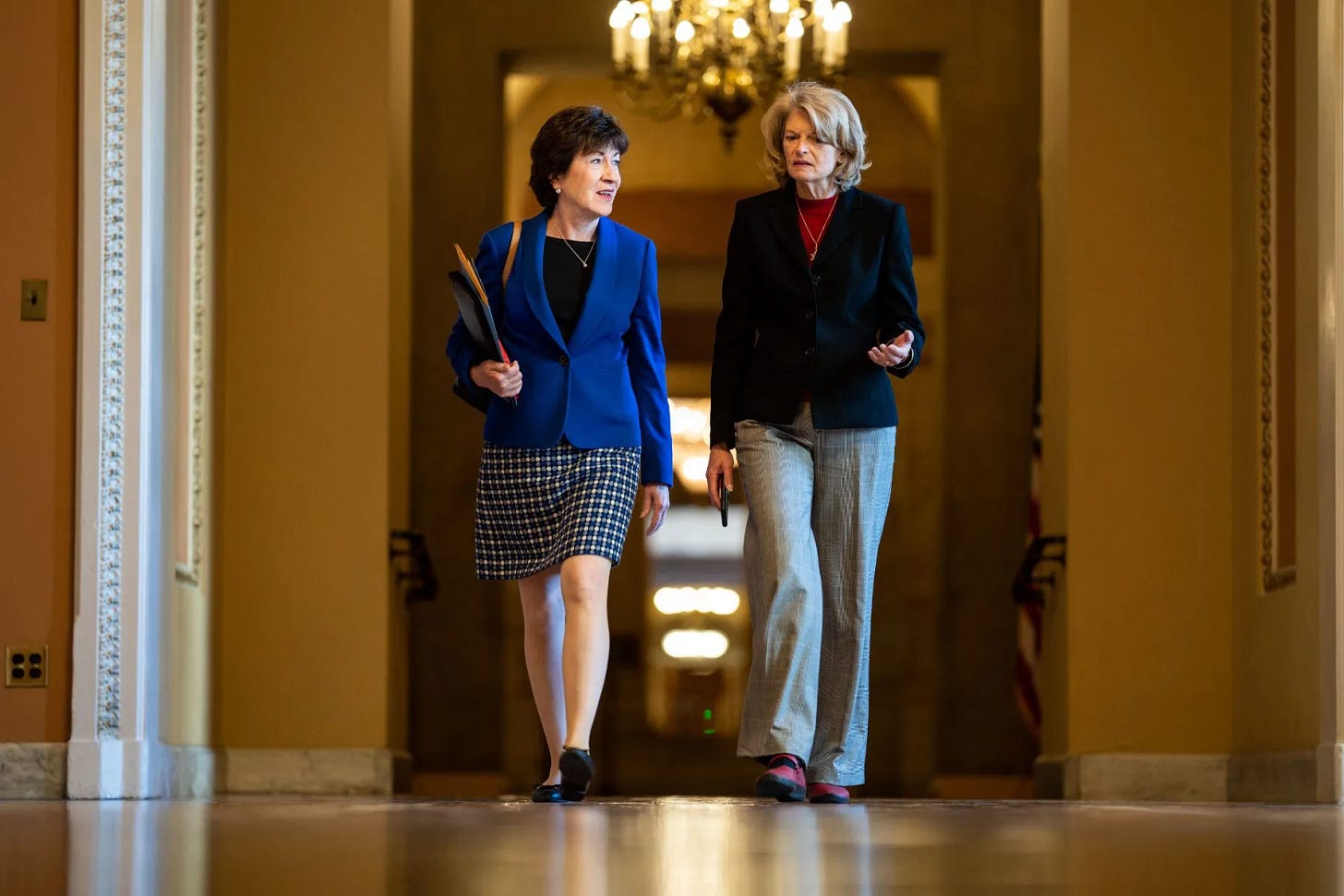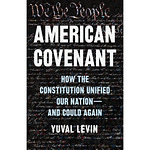This is the fourth and final post about Nick Troiano's book The Primary Solution, which will be released Feb. 27. The first post on why this book matters is here. The second post, on how our current system blocks good people from politics and breaks those who do make it into office, is here. The third post, on why getting rid of party primaries would change our politics, is here.
In January, I went through The Spirit of Our Politics: Spiritual Formation and the Renovation of Public Life by Michael Wear, which was released Jan. 23. The final post of that series is here. If you want to see a schedule of every book I'm going deep on this year (one a month), I explained that here.
So, how do we do this? How do you move to a system with no more party primaries?
The short answer is: state by state.
Alaska is the most recent state to do it, in 2020. California did it in 2011. Washington state did it in 2004. Louisiana did it in 1978.
Each of those states does their primary differently. Many reformers see Alaska's model as the most promising: a top four primary followed by an instant runoff general election in the fall. I agree that this two-stage model is the most potentially transformative.
And just to recap, here's the goal: stop letting a tiny minority of the most partisan voters — the cable TV news super fans, essentially — limit who the rest of us can pick from in the fall election.

Now, four states is not a lot. But Troiano's goal is to get it up to 10 by 2026. "We can dramatically improve Congress if just six additional states abolish partisan primaries by 2026," he writes. "With twenty senators and a few dozen representatives from these states freed from the grips of the political fringes and able to form new coalitions to actually govern, we can begin to address the major challenges that seem unsolvable today" (14).
And one of the points Troiano makes in his book The Primary Solution is that "change tends to happen the way Ernest Hemingway described a character going bankrupt: 'gradually and then suddenly'" (217).
"If we want transformation in our political system, we have to embrace some elements of incrementalism to get there," (268) he says.
So, which states might be next?
Well, Nevada is top of the list. Voters there approved a move to an open primary in the 2022 election. The decision is not yet final, but it would advance the top five primary finishers to the fall election, regardless of party. And it would make the fall election determined by an instant runoff, also known as ranked-choice voting.
Nevada state law there requires a referendum to pass in two separate elections, so that issue will be on the ballot again this fall, and if it passes again it will go into effect in 2026.
Troiano said there are four other states currently moving toward getting rid of party primaries: Idaho, Montana, Colorado and South Dakota.
He also thinks that the more states open their party primaries to independent voters, the better. There are 29 states that currently allow independents to vote in primaries, and Pennsylvania and New Mexico are both among a group of other states heading that direction now.
One important thing to know about Nevada's push to go to an open, non-party primary with an instant runoff general election: it's been opposed by the Democratic establishment in that state.
That's worth mentioning because some Republicans have perceived some of these reforms to be tilted in favor of Democrats. In Maine, ranked-choice voting (instant runoff) helped Democrats win the governorship. In Alaska, Sen. Lisa Murkowski was one of only seven Senate Republicans in 2021 to vote for removing then-President Trump for his part in the January 6 attack on the U.S. Capitol, and she was the only senator up for reelection in 2022. But she went on to win reelection in large part thanks to the Alaska reforms.

One Alaska Republican called the state's new system "a plan by progressives to take control of Alaska's political system" (248). (See last week's post for an example from the state legislature's recent work of how that has been anything but the case).
And Troiano argues that the recent election results in Alaska also disproves the concern about these reforms tilting the playing field in favor of any one party or faction.
"The same statewide electorate chose a conservative, Trump-endorsed Republican governor, a moderate Republican senator who had voted to convict Trump, and a moderate Democratic House member" (249), Troiano writes. "When politicians claim that primary reform will only benefit the other side, what they really mean is that they don't want to face more competition or accountability that threatens their own power" (250).
In Nevada, Democrats have opposed getting rid of the party primary largely with an argument that the ranked-choice component is confusing. It would "make voting more complicated and difficult," claimed Nevada Sen. Catherine Cortez-Masto, a Democrat.
There's little evidence to back this up. Voters can just fill in one name if they are confused. And polling and recent election experience has shown voters don't really have an issue with the new method (256).
“There’s a lot of agency that we have”
I'll leave you with this exchange between Nick and myself, near the end of our podcast interview:
Nick Troiano: There's a lot of wonkiness that goes on here, but let's not lose sight of what this movement is about, which is about empowering voters to have their voices heard and liberating our leaders to serve a majority of the voters. It's very foundational to the way that we think about what American democracies should be doing that it's not today. And while there's a lot to complain about, the great thing is it's entirely fixable. And so when we talk about states that have implemented these reforms or are trying to, there's a lot of agency that we have to fix something. So at the core of what has us so dissatisfied and divided on our national political scene today
Jon Ward: I really cannot think of a more important message than there's a lot of agency that we have. I mean, that is really one of the most debilitating dynamics in our politics is just a sense of helplessness. And I think that's a really important point to make. I should just say as we close up, we haven't really talked about the presidential primary even, and yet we are stuck with two candidates that most people didn't want. Your book is very much aimed at helping us avoid that in the future.
Nick Troiano: We don't have to keep living through this electoral nightmare or the predicament most voters find themselves in of picking between the, so-called lesser of two evils. Let's not accept that. We don't have to. Our system can live up to a higher ideal. In fact, that's the proud tradition we've had in our country. When it's broken, we've fixed it.











Share this post